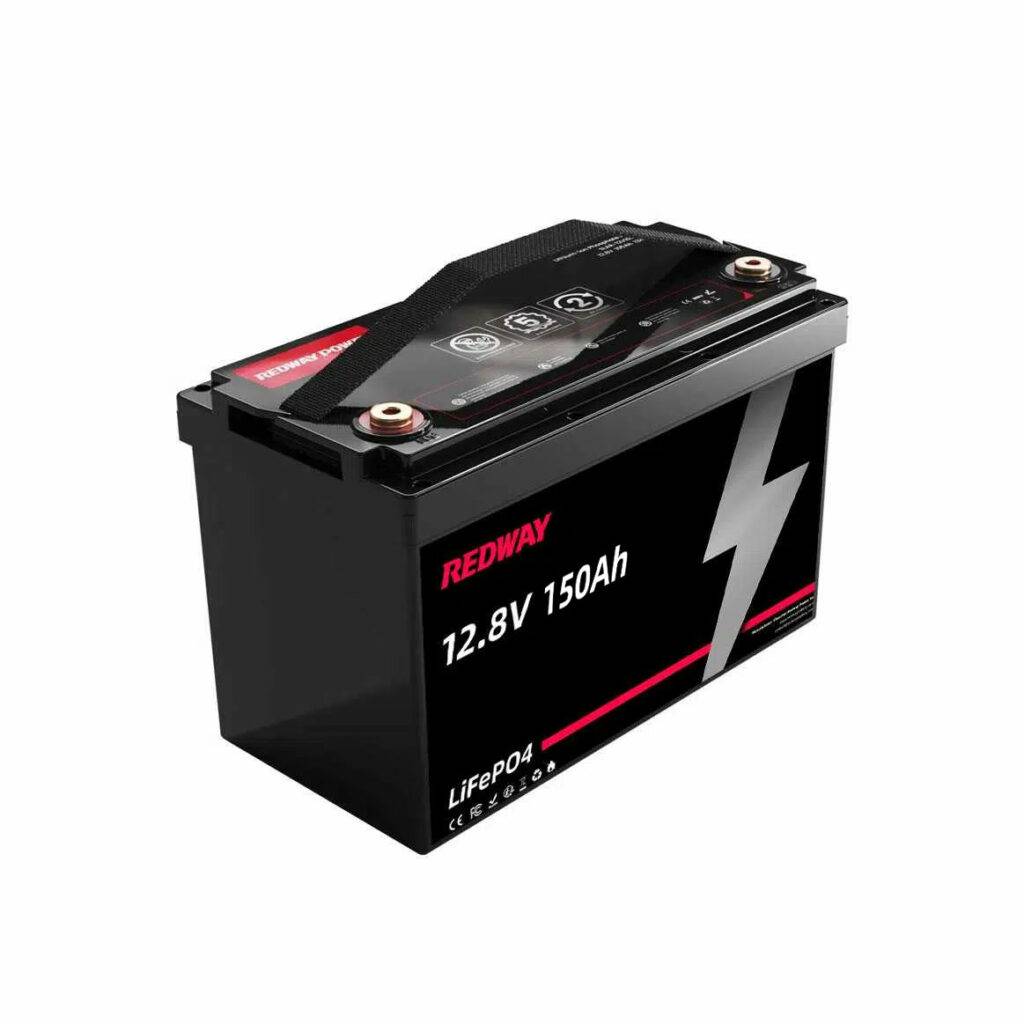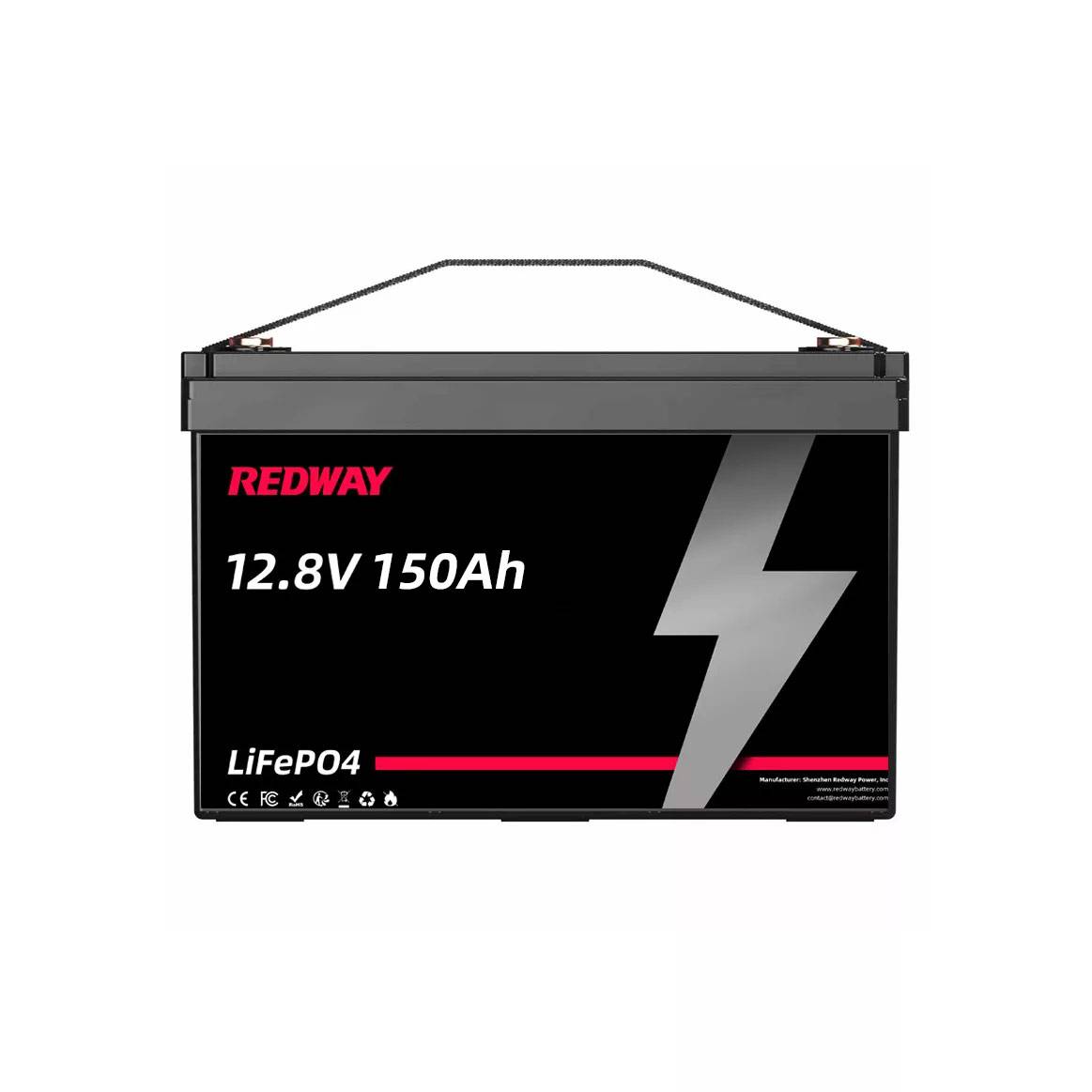Are you tired of your electronic devices running out of battery quickly? The solution might be as simple as choosing the right type of battery. When it comes to powering our everyday gadgets, we have two popular options: lithium and alkaline batteries. Both types have their benefits and drawbacks, but which one reigns supreme in terms of performance and lifespan? In this complete comparison guide, we’ll take a closer look at lithium vs alkaline batteries to help you make an informed decision for your next purchase. Let’s dive in!

#post_seo_title
Lithium batteries fundamentals
Lithium batteries are a type of rechargeable battery that have gained popularity in recent years due to their high energy density and longer lifespan compared to other types of batteries. These batteries use lithium ions as the primary chemical component, which allows for a higher voltage output and better performance.
One of the key benefits of lithium batteries is their ability to hold a charge for an extended period, even when not in use. This makes them ideal for devices that aren’t used very often or need to be stored for long periods without losing power.
Another advantage of lithium batteries is their lightweight and compact design, making them perfect for portable electronic devices like smartphones, tablets, and laptops. They also tend to have faster charging times than other rechargeable battery types.
It’s worth noting that while lithium-ion technology has advanced significantly over the years, they still require careful handling as they can pose safety risks if damaged or overheated. However, with proper care and storage precautions, lithium batteries can provide reliable power for all your favorite gadgets!
Alkaline batteries fundamentals
Alkaline batteries are one of the most commonly used types of disposable batteries. They use zinc and manganese oxide as their primary components, with an alkaline electrolyte solution that enhances their performance.
The chemical reaction inside an alkaline battery creates a flow of electrons, which produces electrical energy that powers devices such as remote controls, flashlights, and toys. Alkaline batteries are known for their long shelf life, making them ideal for storing in case of emergencies.
Unlike lithium batteries, alkaline batteries have a lower energy density but can provide more continuous power over time. This makes them suitable for low-drain devices such as wall clocks or smoke detectors.
However, when it comes to high-drain devices like digital cameras or power tools, alkaline batteries tend to lose voltage quickly and may not be able to keep up with the demand for power.
It’s important to note that while alkaline batteries are recyclable, they still pose environmental risks due to their toxic chemicals if not disposed of properly.
Comparison between lithium vs alkaline batteries
Lithium and alkaline batteries are two of the most commonly used types of batteries today. While they may seem similar, there are actually several key differences between these two battery types.
Firstly, lithium batteries have a much higher energy density than alkaline batteries. This means that they can hold more power in the same amount of space, making them ideal for use in high-performance devices such as smartphones or digital cameras.
Another significant difference is their lifespan. Lithium batteries typically last longer than alkaline ones, which makes them a better choice for devices that require long-lasting power without frequent replacements.
In terms of cost-effectiveness, both battery types have their pros and cons. While alkaline batteries are generally cheaper to purchase initially, they may end up costing you more over time due to their shorter lifespan and need for frequent replacements. On the other hand, lithium batteries may be more expensive at first but could save you money in the long run thanks to their superior longevity.
Ultimately, choosing between lithium vs alkaline batteries depends on your specific needs and usage habits. Those who require high-powered performance from their devices will likely benefit from using lithium cells while those looking for budget-friendly options might prefer to stick with traditional alkalines.
Why should we choice lithium batteries instead of alkaline batteries?
After comparing the fundamental differences between lithium and alkaline batteries, it’s clear that lithium batteries are the better choice. They offer longer shelf-life, higher energy density, lower self-discharge rate, and they last significantly longer than alkaline batteries.
Lithium batteries also perform better in extreme temperatures and are lighter in weight. Plus, they have a much smaller environmental impact compared to their counterparts as they use fewer materials during production.
While lithium batteries may cost more initially than alkaline ones, you’ll save money in the long run since you won’t need to replace them as often. Lithium-ion technology is becoming increasingly popular due to its efficiency and sustainability.
Whether you’re using them for household items or industrial equipment – choosing lithium over alkaline means opting for a safer battery with superior performance capabilities. So next time when purchasing new batteries- make sure to invest in high-quality lithium-ion ones!


